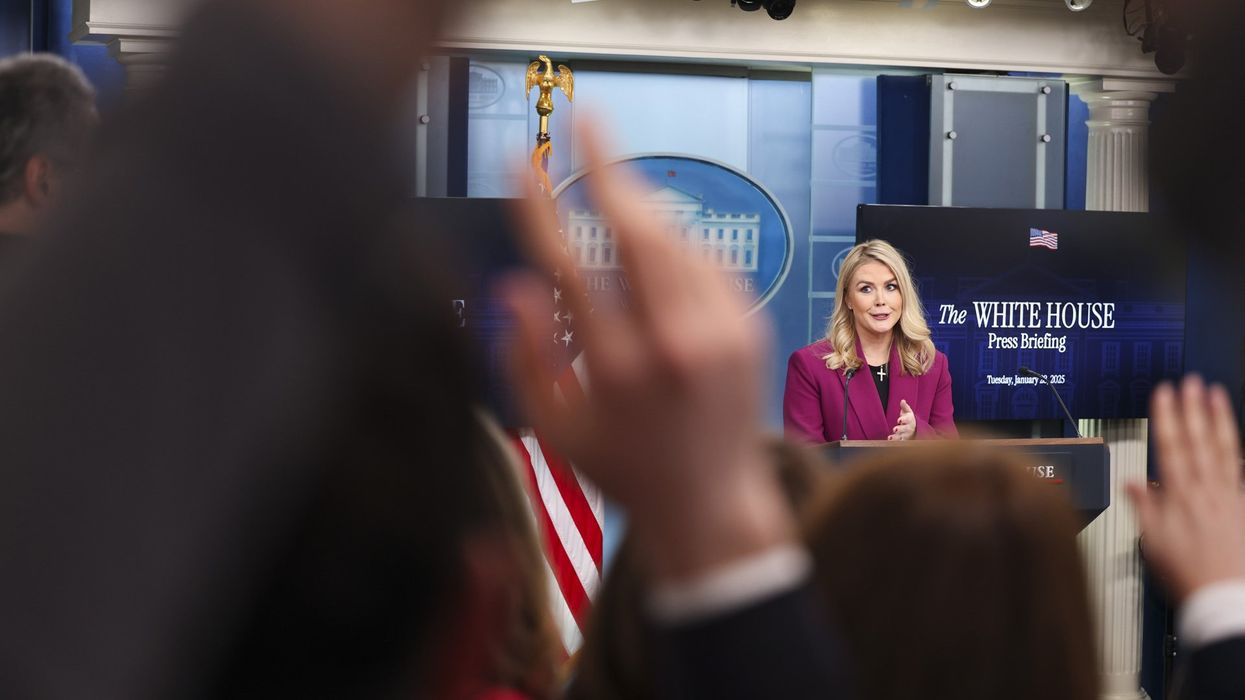WASHINGTON — As the Trump administration increasingly welcomes vloggers and social media influencers into press briefings and the Oval Office, established outlets like the Associated Press find themselves excluded from the century-old press pool, sparking controversy about what "transparency" truly means.
Watch the video report here:
Joshua Sukoff is a photojournalist from Long Island, New York. He is currently studying journalism at Northwestern University.






















Trump & Hegseth gave Mark Kelly a huge 2028 gift